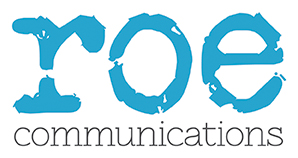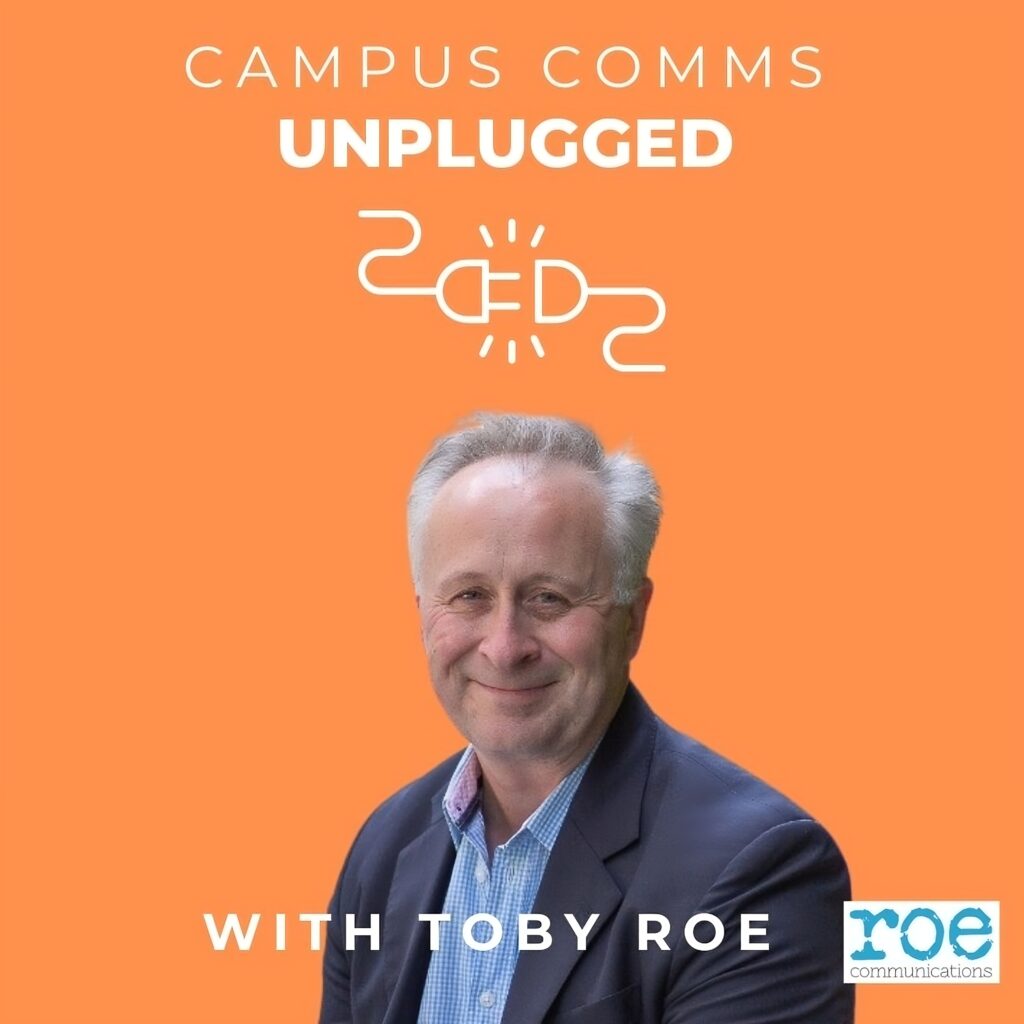We often get asked by business schools to help them get press coverage for events.
They’ve included conferences, forums, fire-side chats, start-up pitching competitions and days focused on particular themes, such as sustainability or AI.
They might be aimed at students or the school’s local ecosystem, or they could be designed to create conversations among academics, business people or entrepreneurs.
But no matter how excited business schools are about their events, getting a journalist to write about them is not easy.
Business schools need to give journalists a reason to care.
With that in mind, here are some dos and don’ts of promoting business school events to the media.
Reality: part 1
So, here’s the news that business schools don’t want to hear.
- Just because a school is putting on an event is not a story.
- If an event addresses a pressing world issue – great – but that alone is insufficient to attract journalists.
- Is the Dean speaking? Super, but it’s not newsworthy on its own.
- A school might be the number one worldwide, but that doesn’t make their event worthy of press coverage.
The truth is that all business schools run events. And rather like their mission statements or websites, they are often very similar.
Finding a newsworthy angle is key.
Reality: part 2
Not all business school events are PR-able.
And that’s OK.
It can be better for them to save their efforts for projects that will give them a return on investment. Or that fits their wider communications strategy a bit better.
We have said “no” to several event-related projects because they were unlikely to get press coverage.
That’s why it’s important to ask questions at the start.
Critically, it’s essential to get clear on WHY a school wants media coverage in the first place.
Does the business school need to sell tickets, for example? Do they see this as a way to profile their expertise on a particular topic? Are they hoping to use the event to attract new potential clients, or to showcase their research?
And beware of the vanity project. Sometimes the main reason that a school wants to promote an event is to please someone at the top. But this can result in wasted effort without a strong story.
So how do we promote our event?
If you are clear on your motivations, here are some ideas for how business schools can secure media coverage for their event.
1. Work in the future
There’s nothing new about something that has already happened.
To get the best out of an event, get the communications team together with the event planners well in advance to discuss possibilities and potential angles.
Doing this gives much more leeway to collaborate with other stakeholders (see below) and pitch to journalists in advance.
Pitch early, but not too early. This requires an understanding of media outlet’s deadlines and how much notice they need for stories.
Equally, if a business school pitches too late, they might find that a journalist has already filled their pages.
2. Find an angle for your business school event
Ask – what’s the most interesting thing about the event?
For example:
- Is there a famous or notable person giving the keynote speech? Do they have an interesting back story, for instance, the youngest person to be named a Forbes Billionaire, or the first female CEO of Microsoft? We once worked on an event where the keynote speaker had built a $1.7bn business from his front room.
- Are there going to be any news announcements? For example, is the main speaker a politician with some news to reveal?
- Is a new report or research on a trending topic being launched? If not, consider working with the event team to commission something beforehand.
- Are any noteworthy achievements being marked at the event?
- Is there something usual happening at the event – preferably something photogenic? We once worked on a conference where an AI robot took part in one of the sessions and we pitched an interview on radio with the robot itself!
3. Craft a compelling press release
Craft a compelling press release to issue to the media before the event.
Focus on the strongest angle – and remember a call to action: what should they do after reading it?
If there are some quality images to go with the release, so much the better. Offer interviews if they are available.
Create a tailored list of media likely to be interested in the event and be realistic about this. A national newspaper is only going to be curious if there’s something seriously relevant for the majority of its readers.
We always advise business schools to personalise each pitch so the journalist understands why the story is relevant to their readers, listeners or viewers.
4. Invite the press, but only if it’s appropriate
OK, so this is a tricky one.
We often get asked if we can get media to events. Journalists are extremely busy and have to convince their editors that they will come away with some copy. So, unless it’s Davos, it’s highly unlikely journalists will attend UNLESS there is a strong news story.
If a school does manage to secure journalist attendance, treat them like special guests. Provide them with a space to file their stories, a good wireless connection, and some refreshments. Have someone available to introduce them to potential interviewees. Consider preparing a press kit with your press release, speaker bios, fact sheets and contact details.
Follow up afterwards and send over any collateral they need for their story such as photography or statistics.
5. Collaborate and use your network
If a school has decided to focus on their main speaker, it’s good to contact their PR team beforehand. Are they willing to do interviews on the day? Can they provide a biography and photographs for the press?
Business schools should also consider their sponsors, speakers and (if applicable) their parent university. Consider how to tap into their networks and media contacts to promote the day.
Ideally, a plan should be created to ensure everyone is putting out the same messages and there isn’t any crossover.
Harness everyone’s social media channels, both before and after the event. Creating an event page and unique #hashtag can be useful, as long as they are updated regularly.
In summary
Securing press coverage for a business school event is challenging, but it can be done.
With a dose of realism, a blend of strategic planning, targeted outreach and compelling storytelling, it’s possible to get the media attention it deserves.
If you want help promoting your business school event, please get in touch!


